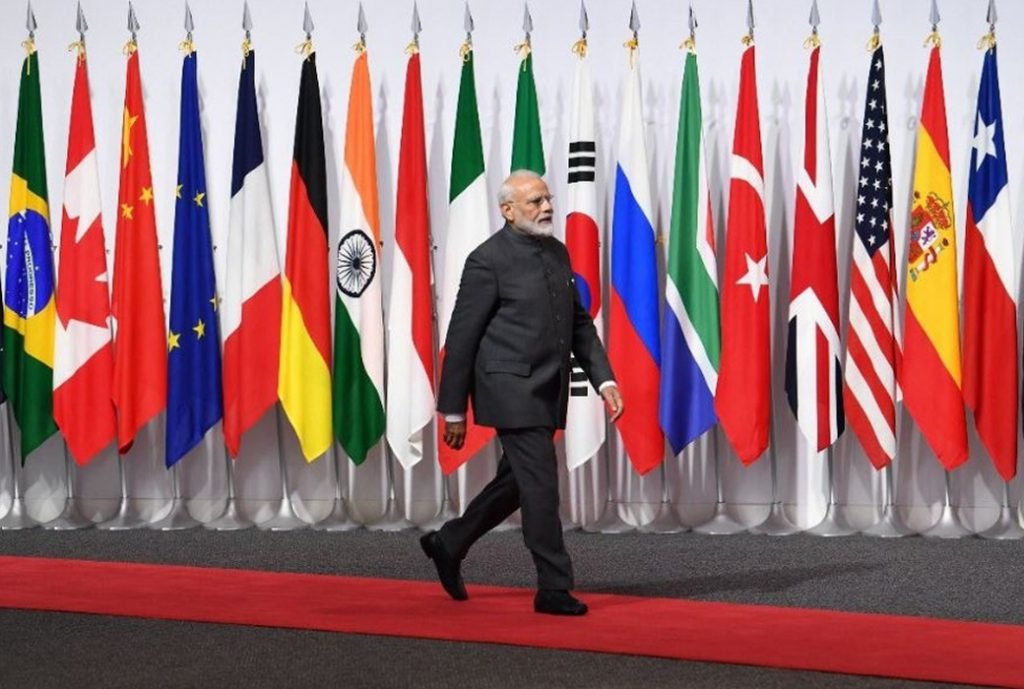Durov, accompanied by his legal team, attended his first formal questioning session in a Paris court on December 6, 2024, as part of an ongoing judicial inquiry.
The investigation into Telegram’s role in illegal transactions began in February 2024, escalating to a formal judicial inquiry in July. Durov’s legal predicament intensified in August when he was arrested at Le Bourget Airport in Paris. Although he was released on a $6 million bail, the Russian-born tech entrepreneur, who holds French citizenship, is prohibited from leaving France until March 2025. If convicted, he could face up to 10 years in prison and a €500,000 ($550,000) fine.
The Paris prosecutor’s office has emphasized the seriousness of the charges, which stem from the platform’s alleged inability or unwillingness to curb illicit activities conducted through its encrypted channels.
Durov Defends Telegram
In a statement published on Telegram, Durov labeled the allegations as “misguided,” arguing that holding a platform’s CEO personally accountable for the misuse of its services sets a dangerous precedent for innovation. “Building technology is hard enough as it is. No innovator will ever build new tools if they know they can be personally held responsible for potential abuse of those tools,” he stated.
Source: X
He further denied claims that Telegram is an “anarchic paradise,” asserting that the platform removes millions of harmful posts and channels daily. Durov highlighted the company’s compliance efforts, including sharing user information with authorities when necessary and implementing AI-driven tools to detect and block illicit content.
Legal Scrutiny Raises Broader Privacy Concerns
Despite facing legal scrutiny, Telegram continues to embed itself within the tech and cryptocurrency sectors. The platform’s cryptocurrency holdings reportedly reached $1.3 billion in the first half of 2024, largely attributed to Toncoin-related activities. In October, Telegram announced plans to establish a local office in Kazakhstan, ostensibly to address regulatory concerns and improve oversight of platform content.
Durov’s case has drawn parallels to the arrest of Alexey Pertsev, the developer of Tornado Cash, a cryptocurrency mixer accused of enabling money laundering. Critics argue that such legal actions represent an overreach that threatens privacy-preserving technologies. Industry experts warn that targeting individuals rather than platforms could stifle innovation in the tech space.
Vyara Savova, a senior policy lead at the European Crypto Initiative, commented, “These actions raise concerns about potential government overreach and the broader implications for digital privacy.” Nikolay Denisenko, co-founder of the financial app Brighty, agreed and said the case could have wider implications for developers of privacy-centric tools.
Telegram and Pavel Durov’s Controversial Legacy
Telegram was founded in 2013, and it has grown to be one of the most used messaging platforms in the world, with over 700 million active users. Its encrypted nature has made it a favorite of privacy-conscious people but also faced criticism for hosting extremist content and misinformation.
The leadership style and resistance to governmental oversight of Durov have often put him in the headlines. Nicknamed the “Mark Zuckerberg of Russia,” he fled his home country in 2014 after refusing to comply with Russian authorities demanding user data. Since then, he has positioned Telegram as a bastion of free speech, though one riddled with controversies.
In 2017, Durov’s phone was reportedly hacked—a new impulse of concern regarding his communications and questions of possible espionage. A year later, his meeting with French President Emmanuel Macron further raised his high-profile status—and, correspondingly, the scrutiny he faces in Europe.
While Telegram has had to navigate these legal issues, its commitment to a balance between user privacy and regulatory compliance remains in question. Durov’s case is very likely to set a high watermark for how tech leaders are held accountable for the activities on their platforms. For now, the world watches closely as the legal proceedings unfold with implications that could reverberate far beyond France’s borders.






